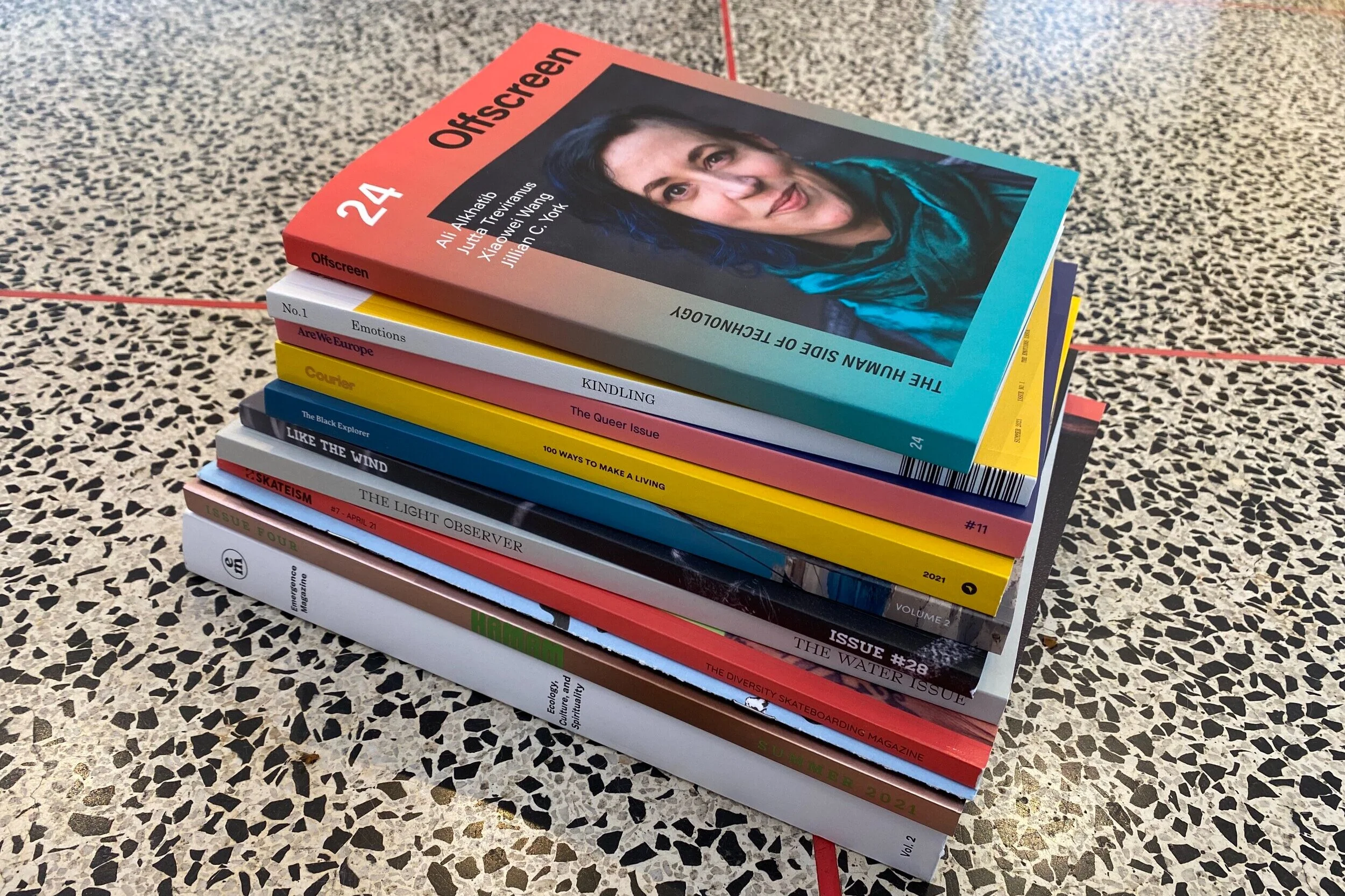Self-Help for Real Lives
We’re used to thinking about our bodies, of seeking out gyms, personal trainers and diets. It’s on us to find the thing that will give us more energy, a sleek bum or hair, a fitter body. We’re used to that responsibility and autonomy when we make decisions about what we look like and how our body functions. Plus, we know there are such things as gyms. We know we can join a running club. We know that we can pick up any magazine or newspaper and get advice on diet and fitness.
But do we draw the same parallels with our emotional and psychological life? Put us in the same situation, with the aim to feel less foggy, glum, confused, and let’s play that out. Who do you call? Where do you go? What’s in town that might actually appeal? Then we’re at more of a loss.
Alongside all this talk of mental health (which really is what it is, if we’re going to have to name it) we’re now grappling with ideas of mental wellbeing. Just as we’ve been taught to value our bodies with exercise and good nutrition, we’re now being taught to be proactive and curious in how we value our minds, our emotional health, ourselves. We’re not talking GOOP attainability and being our best possible selves we ever could be, we’re talking about getting our mental health on our own agendas. Of having a conversation with an actual human being as we buy that kale. Of picking up a good book, rather than just chasing down the To-Do List. Of volunteering for a Disaster Relief effort and not just shaking our heads at the news. Of being active participants in our lives and communities, and not just passive consumers.
That might mean learning the five-a-day’s to getting mentally and emotionally savvy as defined by the New Economics Foundation: connection, being active, paying attention, life-long learning, and helping others. Or figuring out how to get more of something into your life, whether that’s community, creativity, or curiosity. Or looking at how to untether from our tech and get away from our screens and into nature. Or learning like our kids about such things as emotional intelligence, resilience, and mindfulness, and, yup, Happiness (with that capital ‘H’). Even looking to figure out what spirituality or meaning or purpose might be in the context of our own lives.
Sometimes it might even mean specific help with a life situation: always work, maybe aging, illness, death, urgh? There’s also relationships, and love, sexuality and divorce, to contend with; parenting and the teenage years. The universals we all go through on an individual level for which there are now avenues of support and advice so you don’t have to go it alone. Others are going through this too, and we can negotiate it together.
We’re getting beyond self-help. As everyone (let’s face it this applies to you too) contends with major life issues, what this emerging sector is saying is you are not alone. That’s a huge shift from that hard-faced individualism, with its focus on sucking it up; to recognizing that there are other people who share those same trials, and that can come together around the personal issues that we must all contend with.
Over are the days of navigating life alone.
We’re building a guidebook to life that can help us navigate our world from wherever we are. You can help us by:






